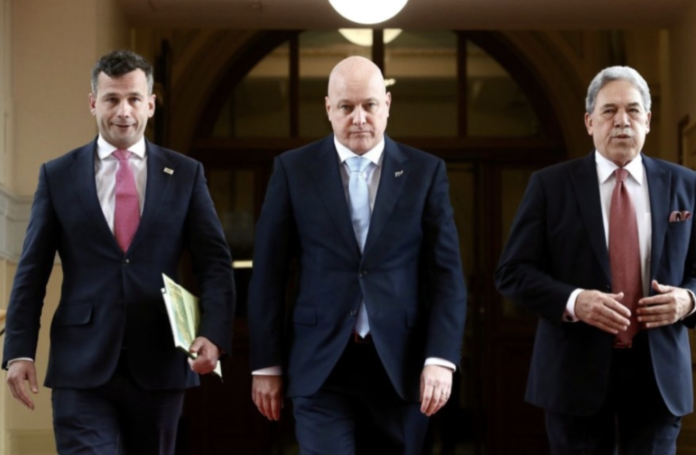There were two promises in National’s original plan for Working for Families: an extra $25 a week from the In Work Tax Credit (IWTC) from 1 April at an annual cost of $190m; and a lift in the abatement threshold from $42,700 to $50,000 though not until 2026 with an eventual annual cost of $250m.
But their promise of a lift in the threshold was far too little, far too late. It is absolutely critical that the massive disincentives to earn more faced by low-income families are addressed immediately.
Instead, the visionless incoming Coalition government will save money to help pay for promised tax cuts by abandoning abatement threshold increase, saving $550m in total over 4 years to 2027/28. The $25 increase in IWTC remains from 1 July 2024.
Leaving aside the wisdom of the tax cuts, the other sacrifices they will entail, the inherent lack of vision around Working for Families, was there another way to spend the money on the IWTC that has been agreed?
The increase of $25 IWTC helps around 160,000 low-income “working families” but excludes the 180,000 families in which parents need a benefit or part benefit to survive.
Increasing the IWTC this way is highly undesirable because it drives a further wedge between those who qualify for this crucial support for their children and the poorer families who don’t. But for the argument here, it is also undesirable because it does not reduce the disincentives to earn over the fixed low threshold for very families Luxon has wanted to reward for ‘working hard’.
Instead of increasing the IWTC, an increase in the threshold could be designed to give much the same result. For example, a lift to $47,626 immediately would cost about $164m million pa and deliver up to $25 extra weekly income to low-income families who earn up to that threshold and beyond.
This leaves hanging the real questions about Prime Minister Christopher Luxon’s promise to halve child poverty by 2028. As argued previously the most cost-effective way to address the worst child poverty is to progressively reduce the IWTC while simultaneously increasing the Family Tax Credit (FTC).
This would mean the poorest families are much better off. The working poor would see no difference, as their IWTC goes down while their FTC goes up. But they would still be helped by increasing the income abatement threshold.
The end point is to have one payment only- the Family Tax Credit, so all low-income children are treated the same. The threshold should be indexed annually and the rate of abatement reduced from its extraordinary high level of 27% to 20%.
The previous government had the opportunity to reform WFF to both enhance work incentives and reduce the worse child poverty. Labour’s WFF review now is in tatters and their legacy, regrettably, is to lock in the use of the iniquitous IWTC, and to ensure worsening poverty traps.





They have no intention of working for families or anyone else, not in their select group of already wealthy donors and foreign friends.
They don’t see it as the govt’s responsibility to work for anyone but themselves.
Labour always over-estimates the intelligence of the electorate.
This govt. shows what you get when dumb people know just enough to vote.
Their priorities are landlords, property speculators, tobacco and vape pushers, the local gambling establishments, immigration and environment exploiters.
Also gangs with the new rules around over the counter sales of psuedoephidrine along with ongoing govermnents criminalisation of drugs – all this only empowers gangs and the criminal underworld – thanks National!
Working for families is very poorly designed policy.
It is confusing and ironically creates poverty rather than elevate it.
A universal benefit for children would be simpler and stop the perverse effects of high marginal tax rates for recipients.
I doubt the new government will have the courage to fix this.
Now we have a real Government things can only improve for everyone.
Comments are closed.